Wine
Favray is the easternmost lieu-dit of the protected designation of Pouilly Fumé.
Château Favray, created by our family at the beginning of the 1980’s is the only wine estate cultivating vines on the hillside of this lieu-dit.
With our team, we pay close attention to the vines on this isolated hill. 18 hectares are cultivated on limestone soil. Thanks to this terroir, the Sauvignon variety expresses an enjoyable freshness, minerality and well rounded mouth.
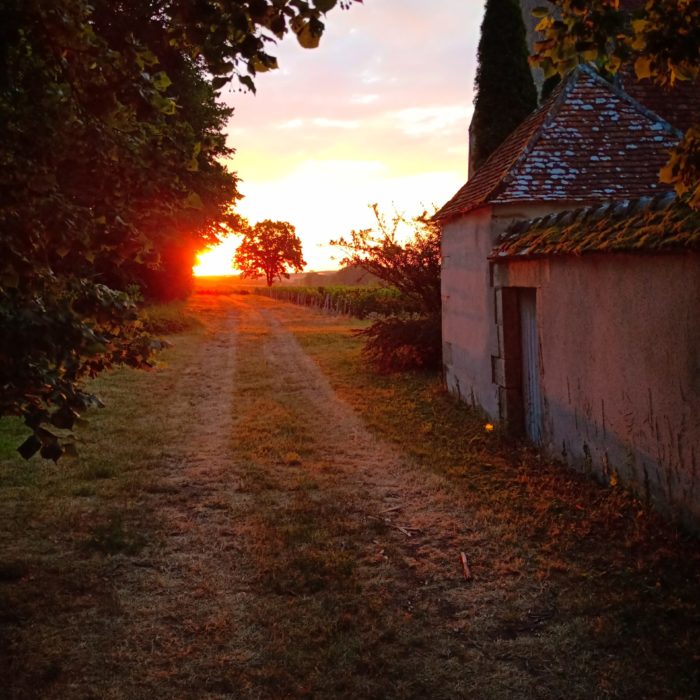
Cuvées
Château Favray
The main cuvée of our winery is a blend of all plots of the lieu-dit. Sauvignon variety is very sensitive to soil variation but here in Favray, it expresses a nice tension and freshness, with notes of citrus fruit and white flowers. Once aged, this cuvée reveals a perfect balance between complexity and freshness.
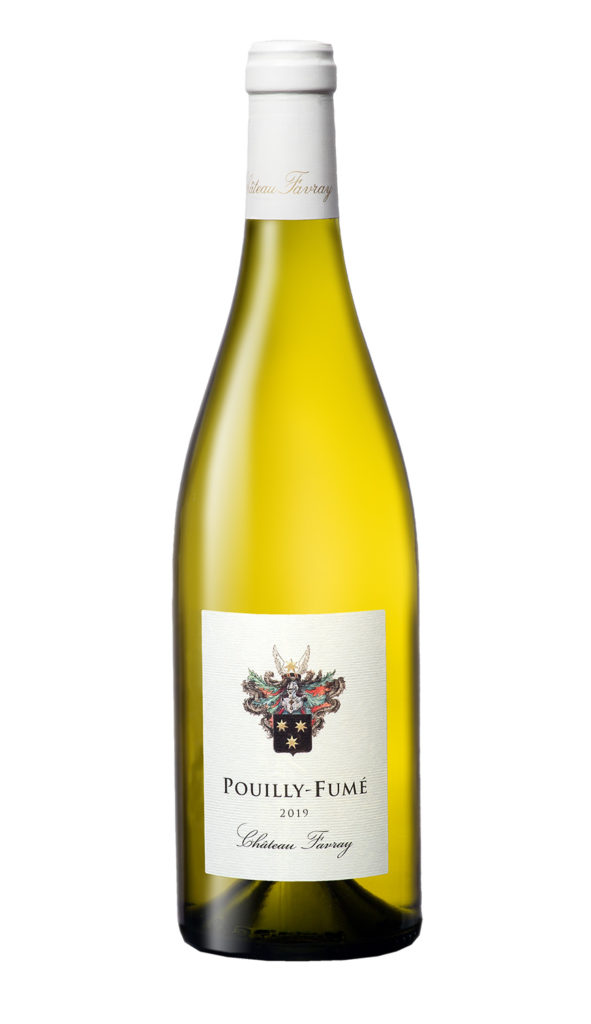
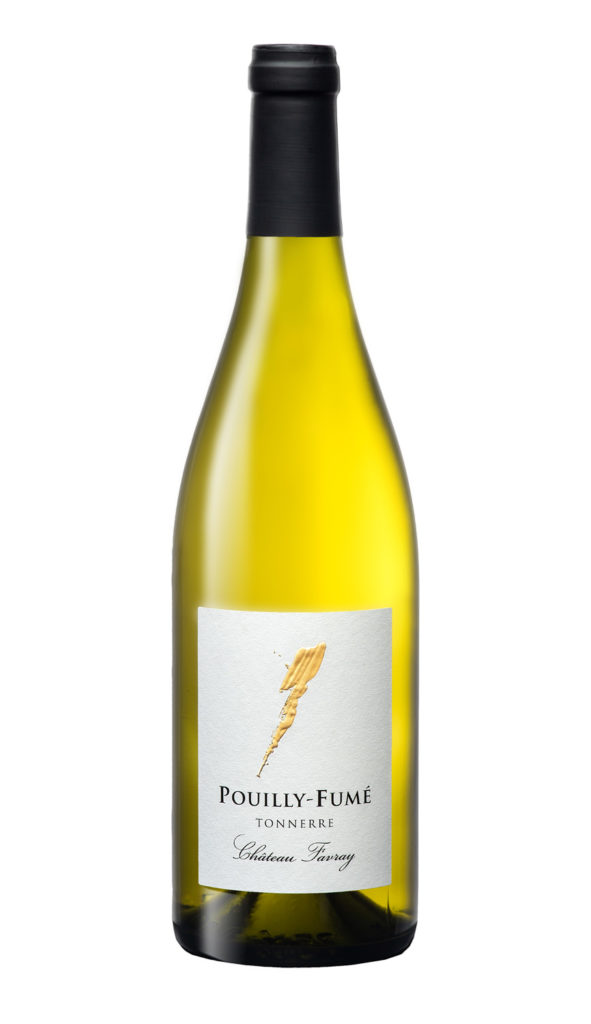
Tonnerre
This cuvée refers to the oldest and rarest limestone soil of the designation of origin of Pouilly Fumé. This kind of soil is only located at the East of our vineyard. In this specific location, water is provided to our vine during dry and hot vintages. Thanks to the particularity of this soil, we manage to obtain a fresh and well-delineated wine with a first mouth of fresh citrus fruits with an evolution toward a more structured mouth. This cuvée comes from selected vines in the lower part of Favray’s hillside and needs a longer aging in order to express its full potential. A vine out of the box!
Terroir
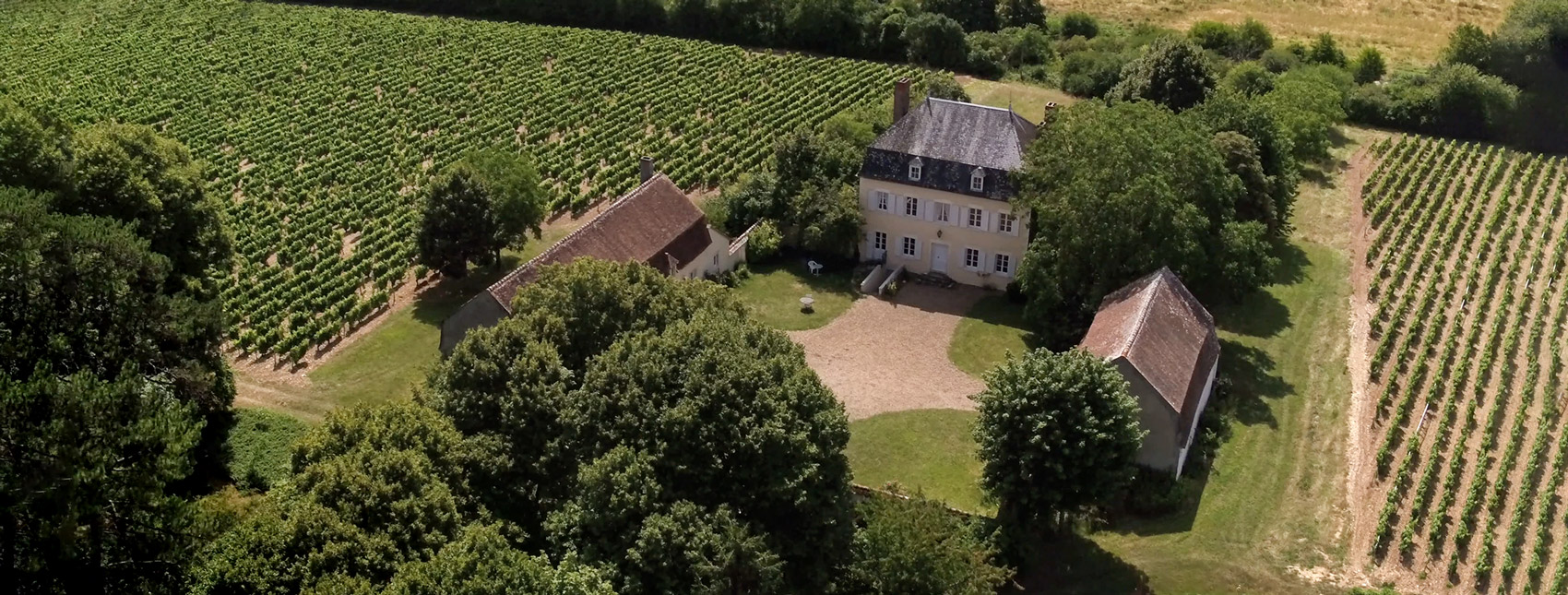
Dronivity
Our winery is not crossed by any road and there are only vines, woods, fields and meadows surrounding our winery. A tiny river runs alongside our hillside and a crystal clear water gushes from Favray’s source after being filtered by limestone.
The hill overlooks the valley and offers a clear view of the surrounding landscape, from sunrise to sunset. Further down, ancient rivers dug caves in the clay. In this particular spot, we can identify fossils which reveal the presence of an ancient coral reef.
Altogether, these characteristics reveal the richness of our terroir.
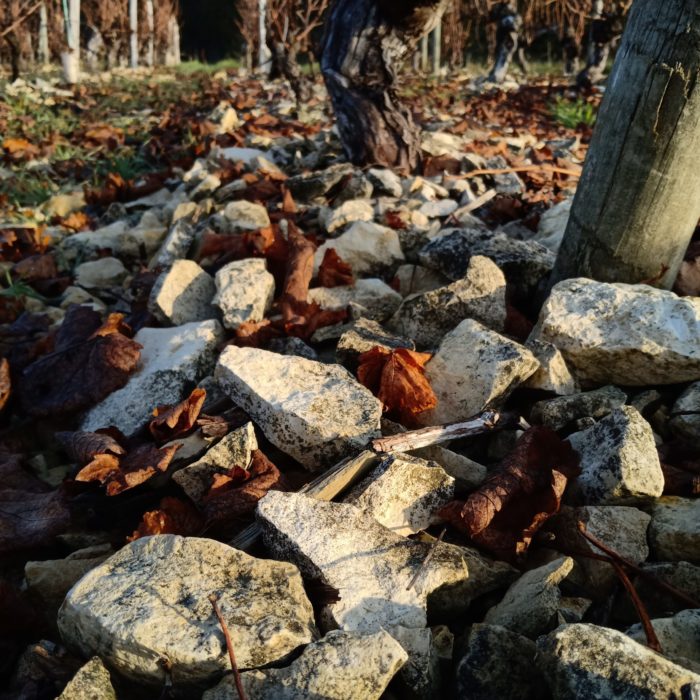
Soil and climate
Limestone of Villiers overlooks the higher part of the hill and goes down on the western part of the valley. This soil is composed of an overlay of tiny and flat stones called “caillottes”. Limestone of Tonnerre is located in the middle of the hill and goes further down the East part of the hill. The fossil coral reef winds around the hill and clearly shows the two different geological horizons.
In the valley, the river provides freshness and mist to the hillside. Indeed, due to this microclimate and the chalky characteristic of the limestone soil, there is always a delay on the ripeness of the vines. This freshness is a real advantage given the climate change toward a dryer and hotter weather.
During spring, we prevent the freezing of our vines thanks to a significant anti frost system. Indeed, we use the energy created by the transformation of water into ice to maintain buds at a temperature above -2 °C.
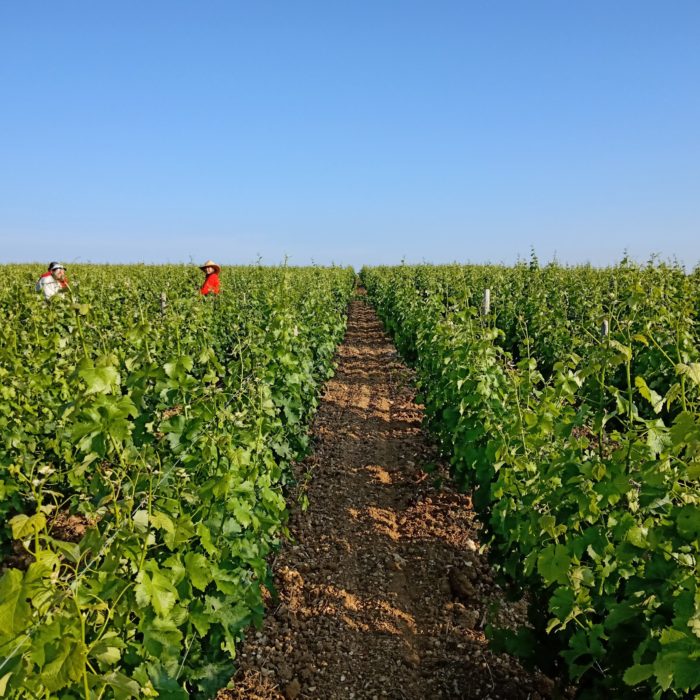
In the vineyard
What we call a “terroir wine” comes from the location and the soil where the grapevines are cultivated more than the variety itself or the winemaking process. Since grapevines are vines, the winemaker has to influence the plant development by its agronomic practices (pruning…) in order for the plant to provide grapes of good quality.
Thus, we always try to balance our work between the restriction of the grapevine to give its best and leaving the plant alone to express its proper characteristic. Finding the perfect balance is not an easy task. Here in Favray, we try to evolve over time but with incertitude, always trying to respect each plot’s characteristics…
Each vine is carefully pruned and we try to respect as much as we can the sap flow. Pruning also allows us to reduce the yield and to improve the quality of the berries.
Moreover, we plough the soils with the aim of a balanced competition of the grass cover in the plots.
We accompany the vines with a lot of manual work throughout the vegetative period to preserve the good grapes, optimise their aeration and the amount of sun they receive.
We ensure that pests and diseases do not condemn this fragile balance.
During harvest, we separate the harvests of each plot in order to continue the work initiated in the vineyard.

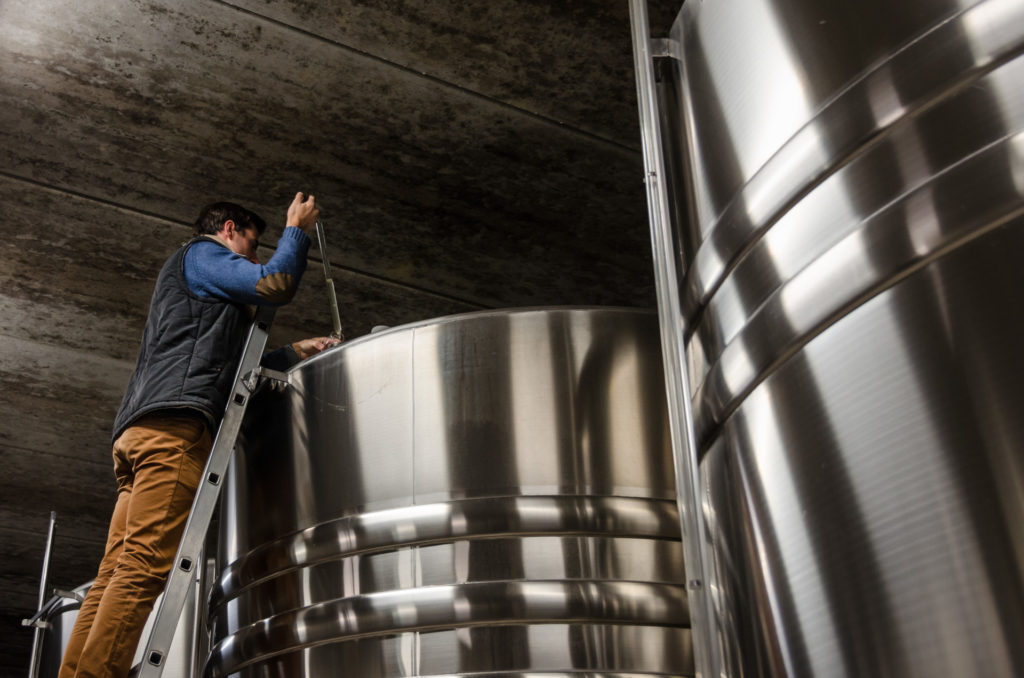
In the cellar
Cellar’s work is the prolongation of a global approach initiated in the vineyard. Winemaking process is crucial, because even though it strives to respect the expression of the variety, it requires meticulous and regular attention as it is a sensitive moment because it is easy to ruin one year’s work.
Two tanks or two barrels filled with the same wine do not lead to two identical wines. Aging and blending is therefore always a key moment. It is the ultimate touch of the winemaker, one of the most personal and certainly one of the most interesting.
Commitment
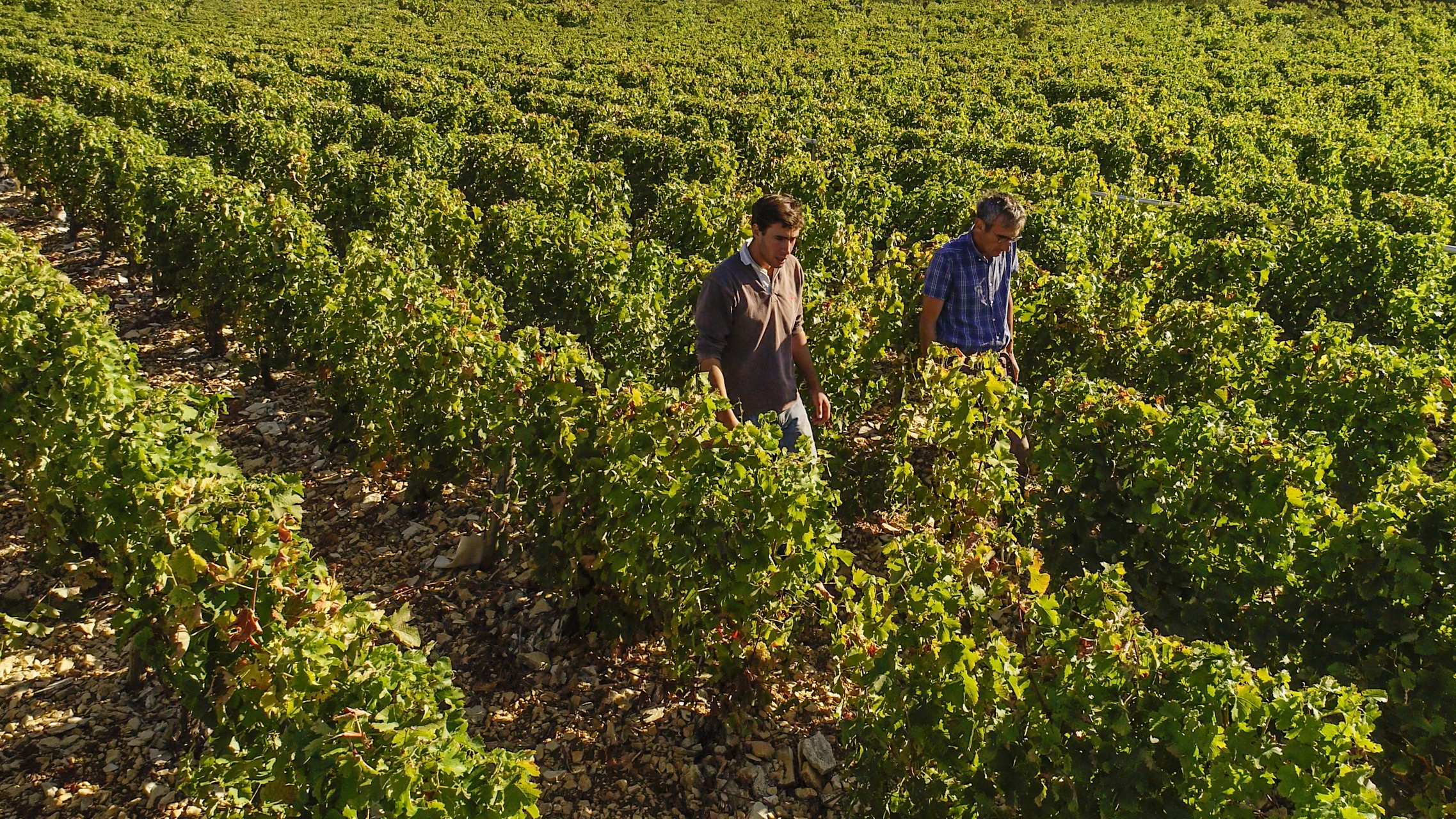
Dronivity
In the winery
In Favray, we promote global approaches, those that strive to find the best balance. This is why we decided to be certified by Terra Vitis in 2012. We think that the respect of the environment, biodiversity, soil and consumer health and employee well-being can be neither isolated nor opposed. This kind of approach invites us to make connections between techniques, issues and the different contexts. It invites us to connect our particular condition with the world around us and invites us to see further.
We think that no label is perfect. Labels have not been created to limit us but to help us to evolve. Our viticultural practices are close to organic agriculture practices (AB label in France).
We aim to be certified AB in a few years and it encourages us to try new solutions which respect the environment. And next, who knows? Organic agriculture has its own limits. The understanding of issues and their interactions, the evolution of people’s consciousness and the abundance of new agricultural practices might lead us to more relevant and better approaches.
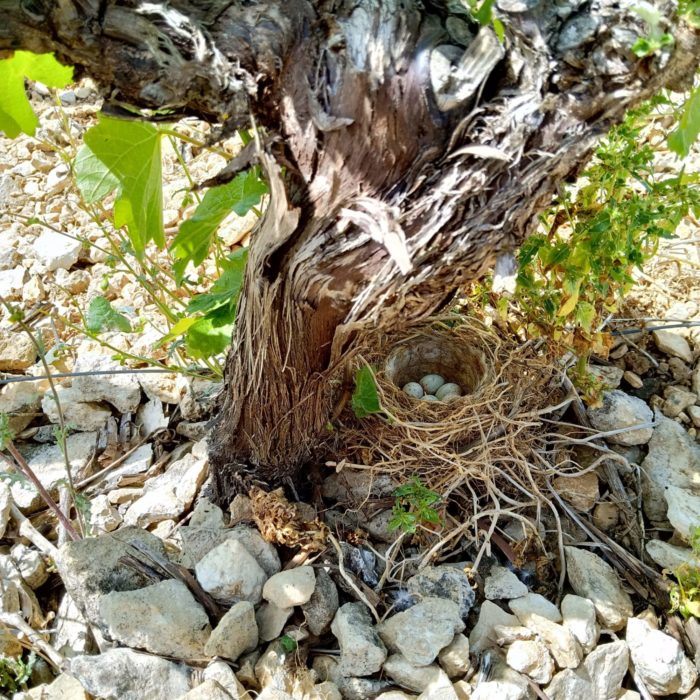
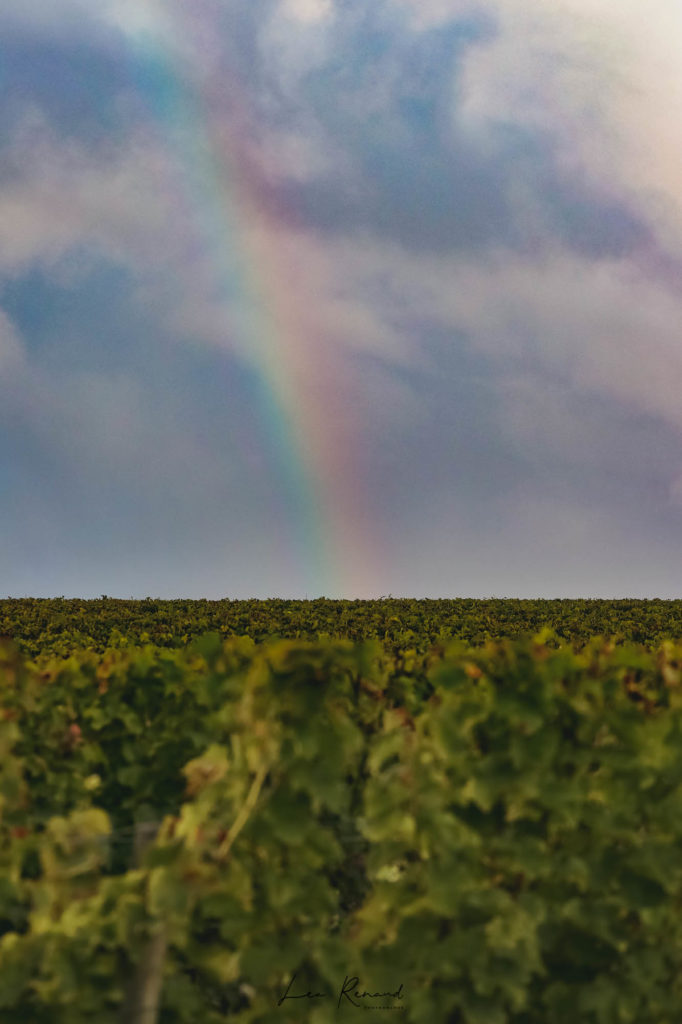
Together
The Pouilly-Fumé appellation of origin covers 1400 hectares and gathers about a hundred winemakers.
For us, it is essential that we fully commit to our winery. However, sometimes issues are way above us and winemakers of Pouilly Fumé need to gather in order to face tomorrow’s challenges, even though this is not an easy task.
Pouilly Fumé’s wine quality is the consequence of this dynamic which has been transmitted from generation to generation. Both this state of mind and the reputation of Pouilly Fumé allows family-run wineries such as ours to be present all over the world.
